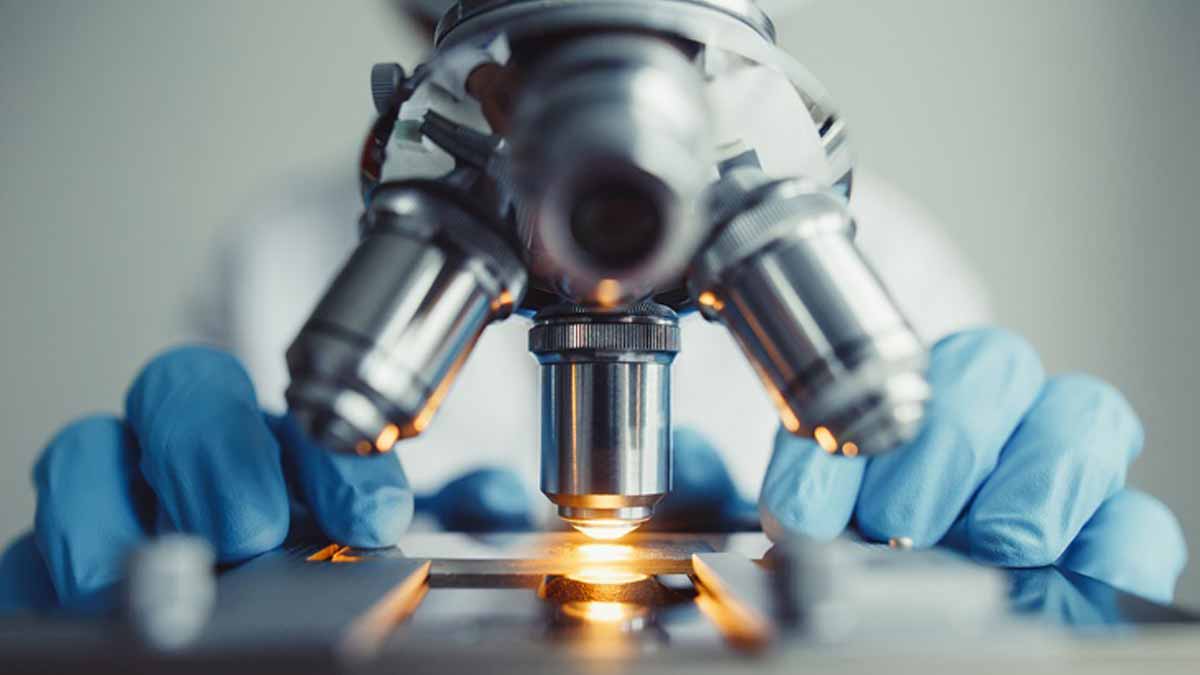Gift from generous donor funds expansion of microbial infection and immunology research in organ transplant populations
The ability to combat infectious agents, including bacteria, fungi and viruses, can mean the difference between life and death, especially now when treatment options are becoming more limited due to a dramatic increase in multi-drug resistant microbes. Immunocompromised patients, especially those who have undergone organ transplant and remain on immune-suppressing medications, are vulnerable hosts for infectious diseases. This population also does not respond the same or as well to vaccines that protect against infectious diseases.
To approach this pressing problem, researchers at The Ohio State University College of Medicine will collect and store samples from immunocompromised patients, specifically those who have received organ transplants. This has been made possible by a recent gift from an anonymous donor to support research in microbial infections and immune responses to the pathogens. The collaborative effort has been led by Eugene Oltz, PhD, professor and chair in the Department of Microbial Infection and Immunity at The Ohio State College of Medicine, and by Susan Koletar, MD, FACP, FIDSA, professor in the Department of Internal Medicine and director of the Division of Infectious Diseases at The Ohio State College of Medicine. The ultimate goal is to translate basic research findings into the clinic, innovating improved diagnostics, biomarkers, therapies and vaccines.
According to Oltz, the funding will aid in the expansion of the Ohio State Comprehensive Transplant Center Biorepository, which was established in 2017. The biorepository assists numerous research teams studying diseases and infections for which the transplant recipients are most vulnerable, including COVID-19.
Koletar emphasizes that this is a great opportunity to bring new knowledge to the fields of infectious disease and immunology. “Understanding how uncommon or opportunistic pathogens interact with immune systems that are compromised by underlying disease and further suppressed post-transplantation, will help us determine better ways to treat, and ideally prevent these infections,” she says.
The vast majority of biological samples collected to date are procured from the Ohio State Comprehensive Transplant Center’s lung transplant program. These include over 200 lung tissue samples from transplant patients and control donor lungs from Lifeline of Ohio, as well as 5,500-plus samples of urine, plasma, buffy coats and bronchoalveolar lavage fluid from lung transplant patients pre-transplantation and at various time points post-transplantation.
“Access to these high-quality, clinically annotated human samples has enabled several Ohio State researchers to obtain funding from the National Institutes of Health and U.S. Department of Defense, as well as allowed them to partner with commercial entities to further transplantation research,” says Brenda Reader Cuson, PhD, MBA, director of transplant research operations at The Ohio State University Wexner Medical Center.
Kenneth Washburn, MD, professor of Surgery at The Ohio State College of Medicine and executive director of Ohio State’s Comprehensive Transplant Center, says the expansion also enables clinical staff to broaden collection efforts to engage more kidney and liver transplant patients in the abdominal transplant clinic and obtain their consent to participate in the Total Transplant Care Program (TTCP). TTCP is the Institutional Review Board-approved protocol of the biorepository. As the consented patients progress to transplantation, the clinical research staff will work to obtain samples such as saliva, urine and blood to add to the biorepository’s collection.
“We will also be able to hire an additional lab technician and clinical research staff to expand beyond lung transplant samples to include kidney and liver transplant patients,” Washburn says. “This will drive new studies of infectious disease and vaccine responses in immunocompromised individuals.”
The new funding will also assist the creation of data infrastructure to support the biorepository, which will be led by Tim Huerta, PhD, MS, professor of Family Medicine at the Ohio State College of Medicine, and professor of Health Outcomes, Policy and Evaluation at the Ohio State College of Public Health. Efforts are underway at Ohio State to democratize health-related data, including data associated with bio specimens, and integrate many existing data “islands” throughout the academic medical institution. This centralized framework for accessing available data will also provide bioinformatics tools that facilitate rigorous and holistic inquiry.
Advances in immunology and infectious disease, facilitated by studies such as these, have the potential to change medical treatment and the lives of the world’s most vulnerable patients.



